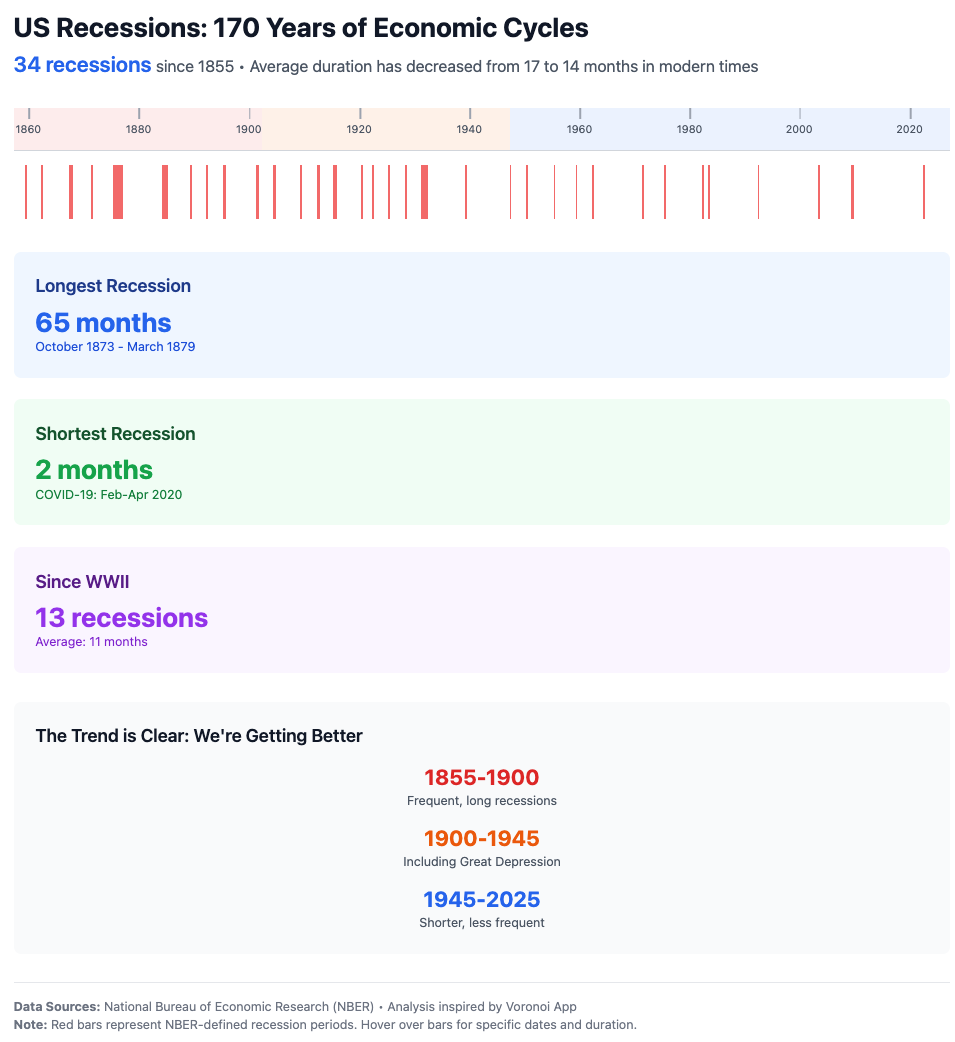Passive Income or Full-Time Job? The Truth About Real Estate Investing
- Anatoly Iofe

- Jun 12
- 3 min read

Real estate is often marketed as the ultimate way to earn passive income. Buy a property, rent it out, and watch the money roll in—right?
Not quite.
If you’ve ever owned rental property, you know the reality is far more complex. While real estate can generate solid cash flow and long-term appreciation, being a landlord is rarely passive. In fact, it can feel like running a small business—with all the responsibilities, stress, and time commitments that come with it.
Why Traditional Real Estate Is Anything But Passive
The journey starts with hours of due diligence—scouting neighborhoods, analyzing deals, negotiating with sellers or brokers, and lining up financing. But the real work begins after the deal closes.
Here’s what most real estate investors actually face:
Financing Hassles: Working with banks, submitting paperwork, and negotiating loan terms can be a drawn-out and stressful process.
Insurance Headaches: Finding and maintaining adequate coverage at a reasonable price is a moving target, especially in disaster-prone areas.
Renovations and Repairs: Whether it’s fixing a roof or updating a kitchen, property improvements require oversight, time, and money.
Tenant Turnover: Advertising vacancies, screening applicants, drafting leases, and checking references takes effort—and that’s assuming the applicants qualify.
Ongoing Management: Collecting rent, handling maintenance requests, coordinating with contractors, and enforcing lease terms are constant duties.
Vacancies and Evictions: Properties don’t always stay rented. When tenants leave—or worse, stop paying—there’s lost income and added stress.
Legal and Tax Issues: From local regulations and zoning laws to rising property taxes and potential liability, the paperwork alone can be overwhelming.
Scaling Is Hard: Managing one property is work. Managing five or ten can feel like juggling chainsaws.
Even with a property manager, you’re still responsible for oversight, decisions, and often surprise expenses. For many investors, traditional real estate becomes less of an income stream and more of a second job.
The Passive Alternative: REITs, ETFs, and SMAs
If you like the idea of earning income from real estate but don’t want to be on call 24/7, there’s a better way.
Real Estate Investment Trusts (REITs), exchange-traded funds (ETFs) focused on real estate, and separately managed accounts (SMAs) offer a far more efficient, hands-off way to invest in property.
These vehicles provide exposure to a broad portfolio of professionally managed properties—everything from residential complexes and office towers to data centers and logistics hubs.
Here’s why they stand out:
True Hands - Free Income: No tenants. No running toilets. No 3 a.m. phone calls.
Professional Management: Every asset is managed by experienced real estate professionals focused on maximizing value.
Diversification: Instead of betting on one or two properties, you gain exposure to dozens or even hundreds across sectors and regions.
Liquidity: Public REITs and ETFs can be bought or sold in seconds, unlike physical properties that can take months to offload.
Lower Barriers to Entry: You don’t need hundreds of thousands of dollars to get started. Many REITs and ETFs are accessible with minimal capital.
No Paperwork or Property Headaches: Say goodbye to closing costs, loan applications, insurance shopping, and repair estimates.
Investing Smarter, Not Harder
You don’t have to manage properties to benefit from real estate income. Modern tools like REITs, ETFs, and SMAs let you invest in real estate passively, efficiently, and with far fewer headaches.
Whether you're building a retirement portfolio, seeking reliable monthly income, or simply diversifying your holdings, these vehicles allow you to focus on your life—not on leaky faucets and late rent checks.
Final Takeaway
Real estate can be a powerful wealth-building tool—but it doesn’t have to come with stress and sweat. If your goal is hands-free income, consider strategies that are truly hands-off.
With professionally managed investment vehicles, you can enjoy the rewards of real estate without the responsibilities of being a landlord.
Have questions? Schedule a private consultation here.
Sources of Information*:
*These organizations are not affiliated with IFG. IFG does not endorse, support, or recommend any information that is not provided by its affiliates or representatives.
Disclaimer:
Information provided is for informational purposes only, and does not constitute a financial advise, an offer or solicitation to sell, a solicitation of an offer to buy, any security or any other product or service. Accordingly, this document does not constitute investment advice or counsel or solicitation for investment in any security. The information in this material is not intended as tax or legal advice. Please consult legal or tax professionals for specific information regarding your individual situation.




